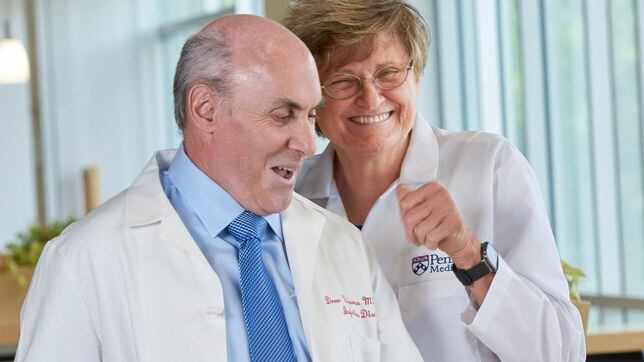
Discoveries concerning nucleoside base modifications that enabled the development of effective mRNA vaccines against COVID-19: The 2023 Nobel Prize in Medicine and Physiology
The early 1960s witnessed the discovery of messenger RNA (mRNA), and research into the delivery of mRNA into cells began in the 1970s. However, a persistent obstacle in mRNA technology remained unresolved for quite some time. A turning point occurred in 2005 when a crucial discovery was published: mRNA could be modified and effectively delivered into the body to activate the immune system. This breakthrough paved the way for the development of mRNA-based vaccines, which elicited a robust immune response without the need for injecting a live or attenuated virus.
When the COVID-19 pandemic hit, the significance of this lab work became evident. Companies like Pfizer/BioNTech and Moderna utilized the technology developed by Katalin Karikó and Drew Weissman to create highly effective vaccines against the virus. In the United States alone, over 655 million doses of mRNA vaccines have been administered since December 2020.
On October 2, 2023, Katalin Karikó and Drew Weissman were awarded the Nobel Prize in Medicine and Physiology for their discoveries related to nucleoside base modifications that made mRNA vaccine platforms suitable for clinical use, especially during the critical period of the COVID-19 pandemic.
Katalin Kariko of University of Pennsylvania and her US colleague Drew Weissman are regarded for their discoveries concerning nucleoside base modifications that enabled the development of effective mRNA vaccines against COVID-19
What is an mRNA vaccine?
A messenger ribonucleic acid (mRNA) vaccine is a biological substance given to you in a series of shots designed to protect you from developing a disease. Two of the vaccines currently in use to prevent the COVID-19 infection (coronavirus disease) are mRNA vaccines. These are the Pfizer and Moderna vaccines.
An mRNA vaccine works by triggering your immune system to create antibodies. Antibodies are proteins in the body. They fight bacteria and viruses that cause disease. The COVID-19 mRNA vaccines are safe and effective to prevent serious complications. They help your body make the same antibodies it would create if you had been sick with COVID-19. The vaccines offer protection from the disease without the risks of the life-threatening illness.
The discovery of mRNA and systems for in vitro transcription
Dating back to the early 1990s when nucleic acid-based immunizations, including DNA and mRNA vaccines, were first tested in mice. While DNA vaccines initially seemed more promising, mRNA vaccines gained traction due to their ease of delivery into cells and safety advantages. Karikó and Weissman's meticulous studies, culminating in a breakthrough publication in 2005, elucidated the impact of mRNA base modmodifications in the immune response.
Karikó and Weissman persisted in their meticulous examination of various RNA types, culminating in a groundbreaking publication in 2005. This study delved into the impact of mRNA base modifications on the cytokine response by dendritic cells . Their findings revealed that eukaryotic mRNA and tRNA, characterized by abundant base modifications, did not induce a cytokine response, unlike prokaryotic and in vitro-transcribed mRNA. Furthermore, they demonstrated that the introduction of pseudouridine (ψ), 5-methylcytidine (m5C), N6-methyladenosine (m6A), 5-methyluridine (m5U), or 2-thiouridine (s2U) into in vitro transcribed mRNA effectively prevented the activation of inflammatory responses when these modified mRNAs were introduced to dendritic cells .
The Nobel Laureates
Karikó is a senior vice president at BioNTech and an adjunct professor of Neurosurgery at the University of Pennsylvania. She joined the Perelman School of Medicine at the University of Pennsylvania in 1989 and began collaborating with Weissman in 1997.
Drew Weissman, MD, PhD, is a world-renowned physician and researcher at Penn Medicine. Before joining Penn in 1997, Weissman was a fellow at the National Institutes of Health studying HIV in the lab of Dr. Anthony Fauci. Weissman received his bachelor's degree and master's degree from Brandeis University. He earned his MD and PhD from Boston University and completed his residency at Beth Israel Hospital.
Katalin Kariko and her US colleague Drew Weissman met in the queue for the photocopier in 1998 . The laureates contributed to the unprecedented rate of vaccine development during one of the greatest threats to human health in modern times.
Written by Joseph Oduyebo
Sources: https://publichealth.jhu.edu/2021/the-long-history-of-mrna-vaccines
https://www.nobelprize.org/prizes/medicine/2023/advanced-information/
https://www.nature.com/collections/bieheeeddf
https://www.weforum.org/agenda/2023/10/mrna-vaccines-electrons-nobel-prizes-in-2 023/
https://www.pennmedicine.org/news/news-releases/2023/october/katalin-kariko-and
-drew-weissman-win-2023-nobel-prize-in-medicine
https://www.cell.com/molecular-therapy-family/nucleic-acids/fulltext/S2162-2531(23) 00121-X
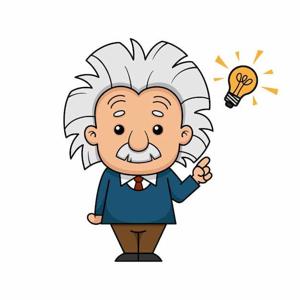
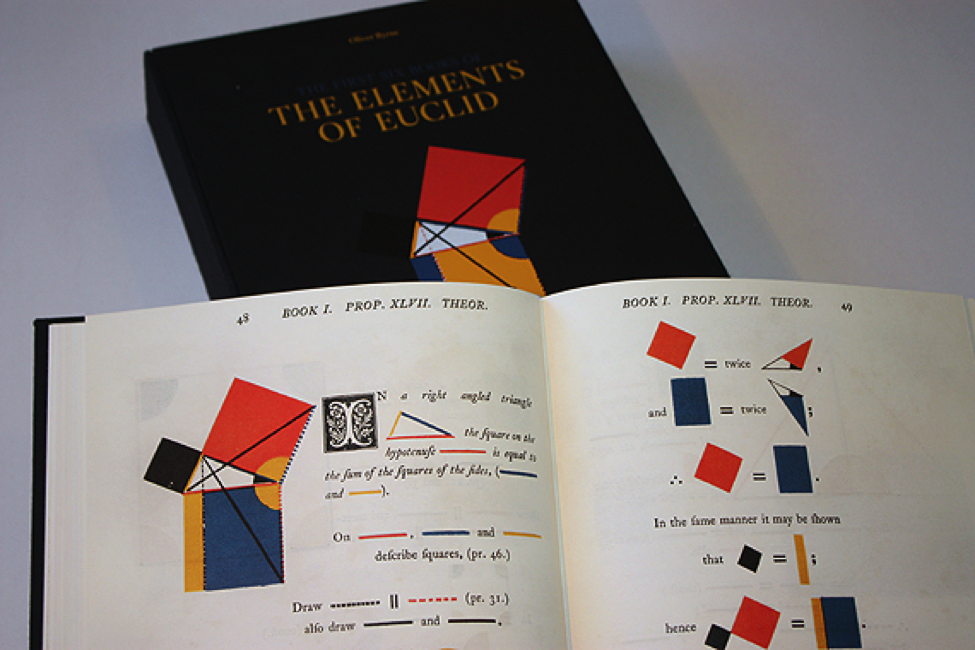
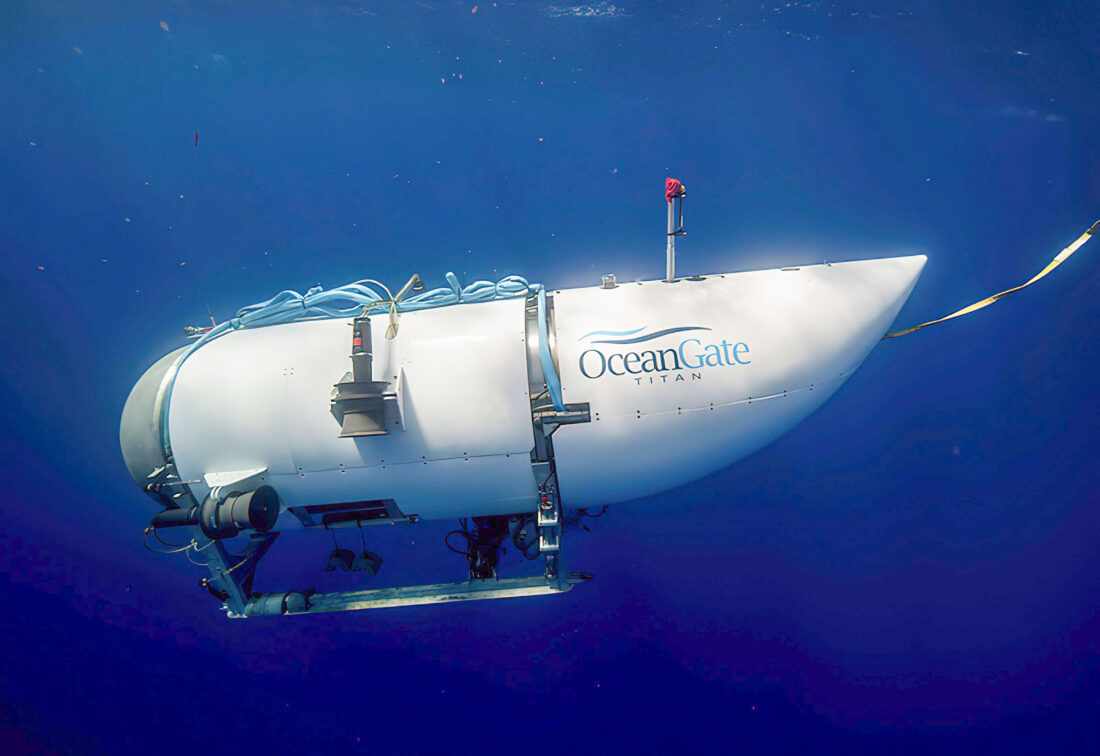

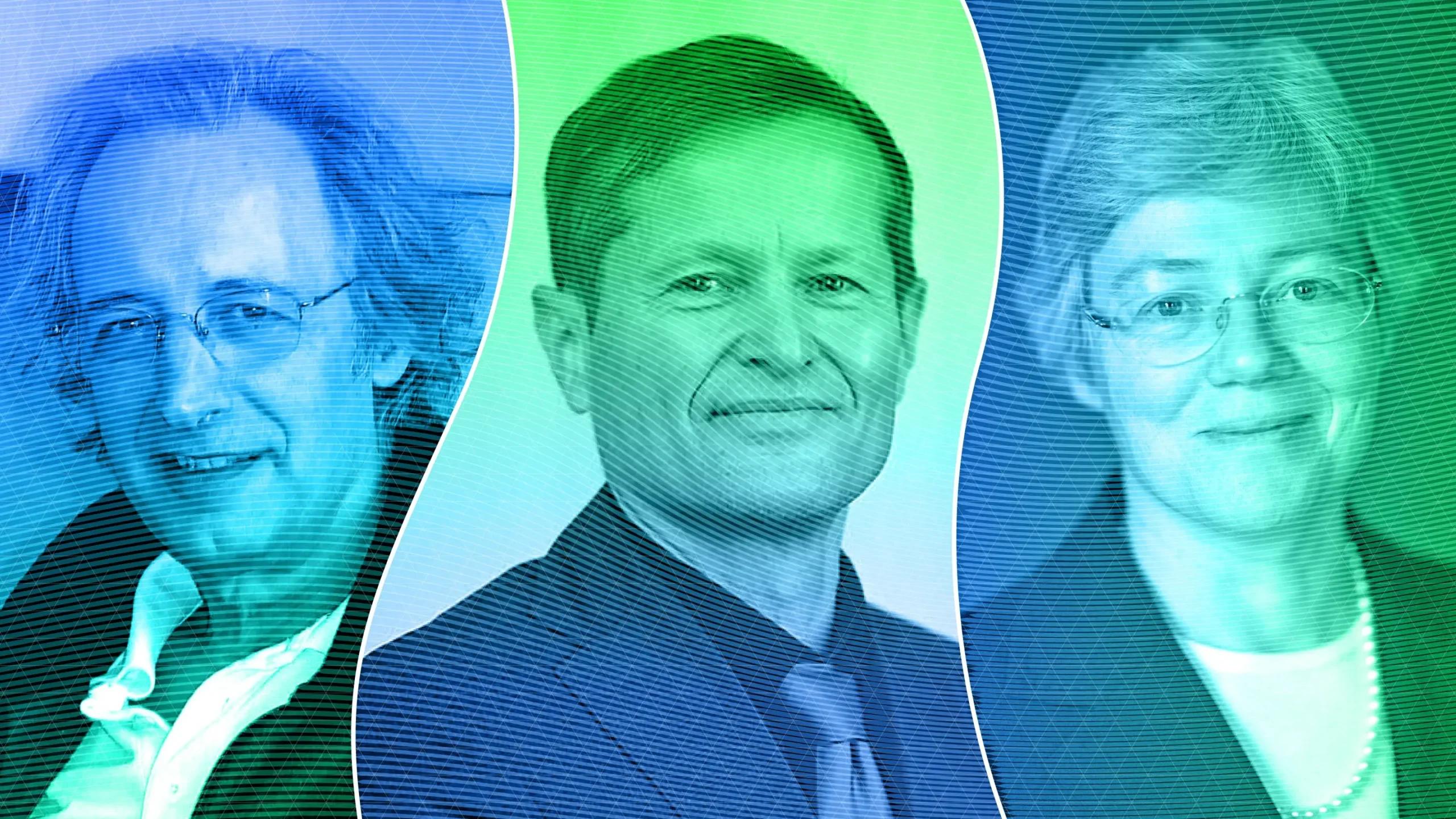
Write a comment ...